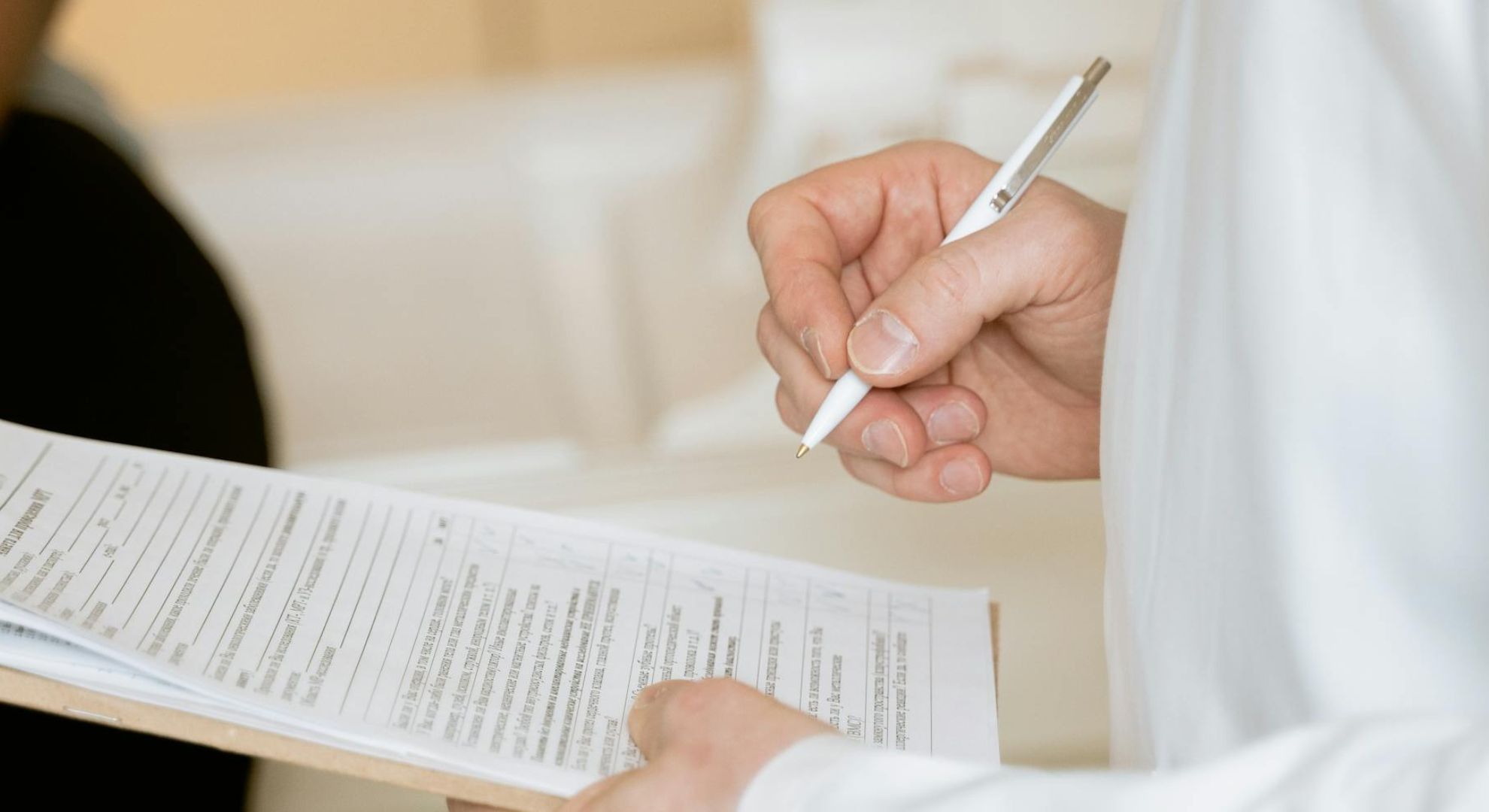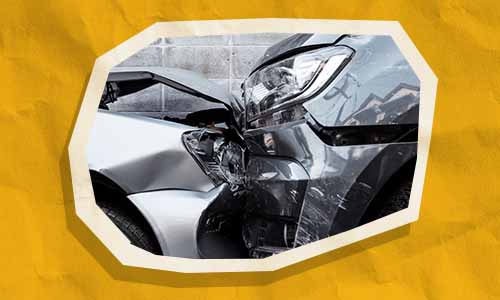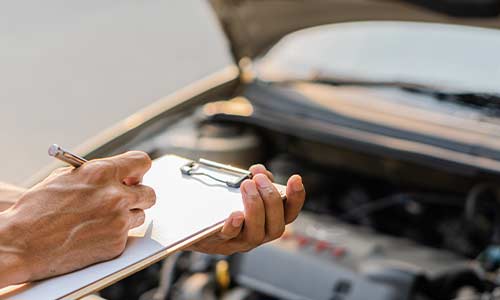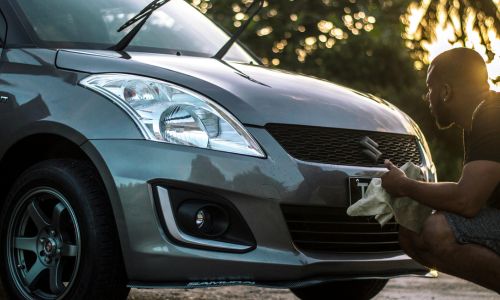Previous car owner check: How many owners has this car had?
Whether you’re getting ready to sell your car or browsing for a used motor, it can be helpful to have a clear picture of the vehicle’s history – especially the number of previous owners.
This data, which is held by the DVLA for every UK-registered vehicle, may affect the car’s resale value - and how buyers perceive its performance and reliability.
In this guide, we’ll clarify the relationship between the number of owners and car value. We’ll also break down the methods for finding out the number of previous owners for a car.
Get a free valuation
Glossary of terms
- Single-owner car: A car that has only been owned by one person.
- Multiple-owner car: A car with at least one previous owner.
- Owner: The person who paid for the car, or had it gifted to them.
- Registered keeper: The person who is responsible for the vehicle and named in its V5C logbook.
How does the number of previous owners affect car value?
The number of previous owners is just one of the many factors that can affect your car's value. However, a single-owner car is likely to be worth more than an identical model with several previous owners.
The number of previous owners can provide potential buyers with an insight into its condition and reliability. For example:
- If a car is only five years old but has changed hands five times, this may raise suspicion of hidden mechanical issues.
- However, for a car that’s 20 years old, this is less likely to deter buyers, as five changes of ownerships over this time would be far more common.
- A single-owner car will appeal to many used buyers, as there is less ambiguity around its history.
If you’re selling a car with multiple past owners, you can allay any potential concerns by:
- Providing a full service history.
- Making sure you have the right documents to sell your car.
- Following our tips to prepare your car for resale .
Want to know how much a car is worth?
Enter the reg number and mileage into our free car valuation tool to get a quote in under 30 seconds. Don’t forget to declare its condition and history to ensure an accurate valuation.
What other factors will buyers consider?
| Factor | Why it matters |
|---|---|
| Mileage 🚗 | Mileage affects value because the further a car has travelled, the more wear it is likely to have suffered. |
| How and where the car was driven 🛣️ | How and where the car is driven comes into play. Smooth motorway journeys cause less strain driving on winding country lanes with potholes. |
| How well the car was looked after 🔧 | If the car has the full complement of paperwork showing it was serviced at the recommended intervals – and repaired professionally whenever necessary, this should reassure buyers. |

How to find the number of previous owners for a car (step-by-step)
If you need to find the number of previous owners for a car, there are several methods at your disposal:
Method one: Free car check
Our free car check tool uses DVLA data to tell you how many previous registered keepers a car has by registration. It can also tell you when the car was registered to its current keeper.
Enter the registration number to find out instantly.
Whilst the registered keeper and owner of a car are not always the same person, the number of previous keepers is a good starting point as it tells you how many times the vehicle has changed hands.
Method two: Ask the seller
Don’t be afraid to ask the seller about the car’s ownership history:
-
Make sure you have the 11-digit reference number from your car’s V5C logbook and the new owner’s personal details to hand.
-
Head to the gov.uk website and visit the ‘Tell the DVLA you’ve sold, transferred, or bought a vehicle’ page.
-
Answer the questions given. You can include the new owner’s email address on the form so that they’ll receive confirmation. Submit the form and you’ll receive an email confirmation.
-
The new owner should receive a fresh physical copy of the V5C logbook containing their details within five working days.
Method three: Check the paperwork
You can also glean key information about a car’s history from its service paperwork. You’ll get the clearest insight if the full service history is available:
-
Check the servicing and repair invoices for the names of past owners. Count the number of individuals named in this paperwork.
-
Check the MOT certificates. If the car has been tested in several locations, this could indicate that it was owned by different drivers in each area. If the paperwork is unavailable, you can find details of the MOT history using our free MOT check tool.
Method four: Classic car clubs
Interested in the history of a rare or prestigious car? You may be able to obtain more detailed ownership information by contacting a few relevant classic car clubs.

Can you find out who owns a car?
Unfortunately, there is not a dedicated service for general ownership enquiries.
You may be able to find the registered keeper of a car by submitting a V888 form to the DVLA, but this requires a ‘reasonable cause’ such as:
-
Tracing the keeper of a vehicle following an accident.
-
Tracing the keeper of an abandoned vehicle.
-
Tracing the keeper of a vehicle that has been illegally parked on private land.
-
Tracing someone suspected of insurance fraud.
Is it worth buying a car with many owners?
A car with many past owners could still be a great purchase.
However, before committing, you should consider key factors such as its service history, condition, and mileage. We also strongly advise test driving the car to ensure it’s in good mechanical shape.
Frequently asked questions
No, the number of ‘previous owners’ excludes the current owner, as it only counts the people or companies who owned the vehicle prior to its current ownership.
When a car has no previous owners, this means that the current owner is the first and only one in its history.
Our free car check tool uses live DVLA data to provide you with the following details:
- Number of previous keepers.
- When the car was registered to the current keeper.
- Make, model, and colour.
- Fuel and transmission type.
- Engine size.
- CO2 emissions (g/km) and ULEZ compliance.
- Registration year and import status.
- Tax status.
- MOT and mileage history.
- Insurance group.
You might not be able to run a free car check on a vehicle for a few weeks after it has been registered, re-registered, or had a plate change. This is due to the DVLA only updating their records once a month.











